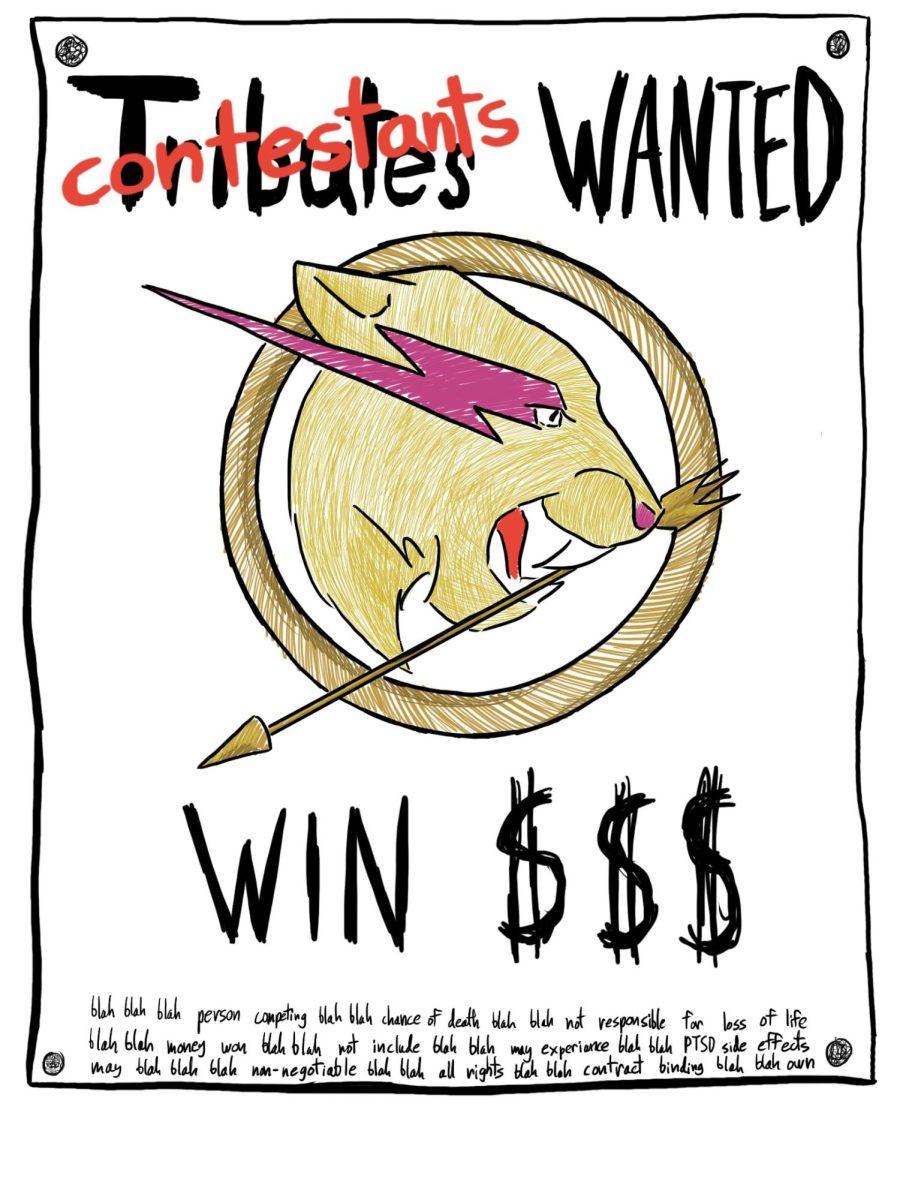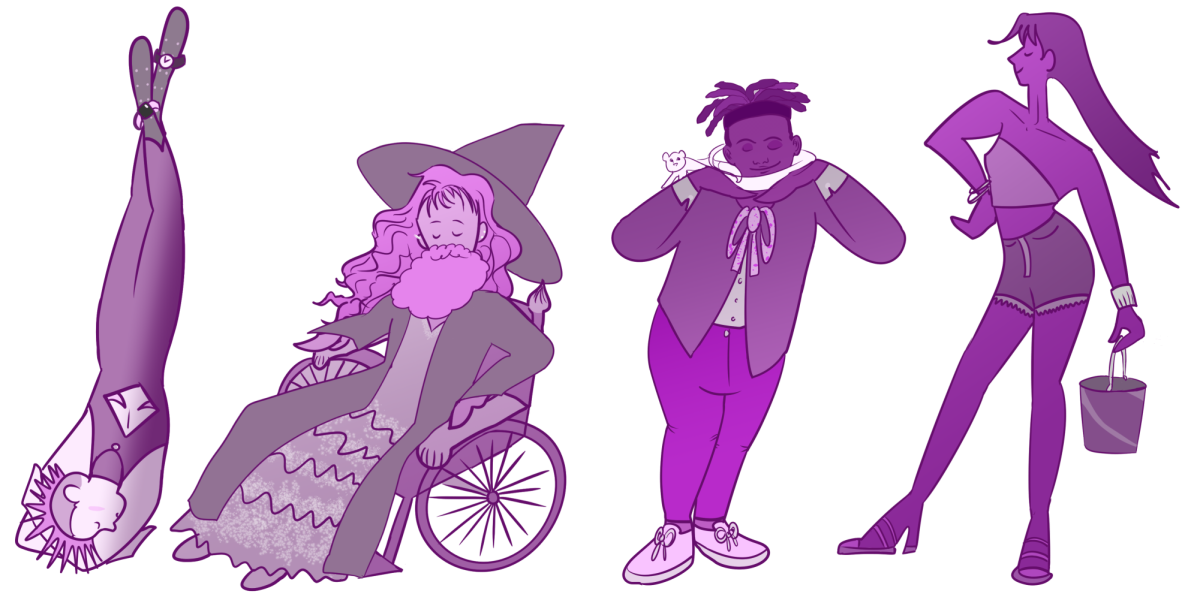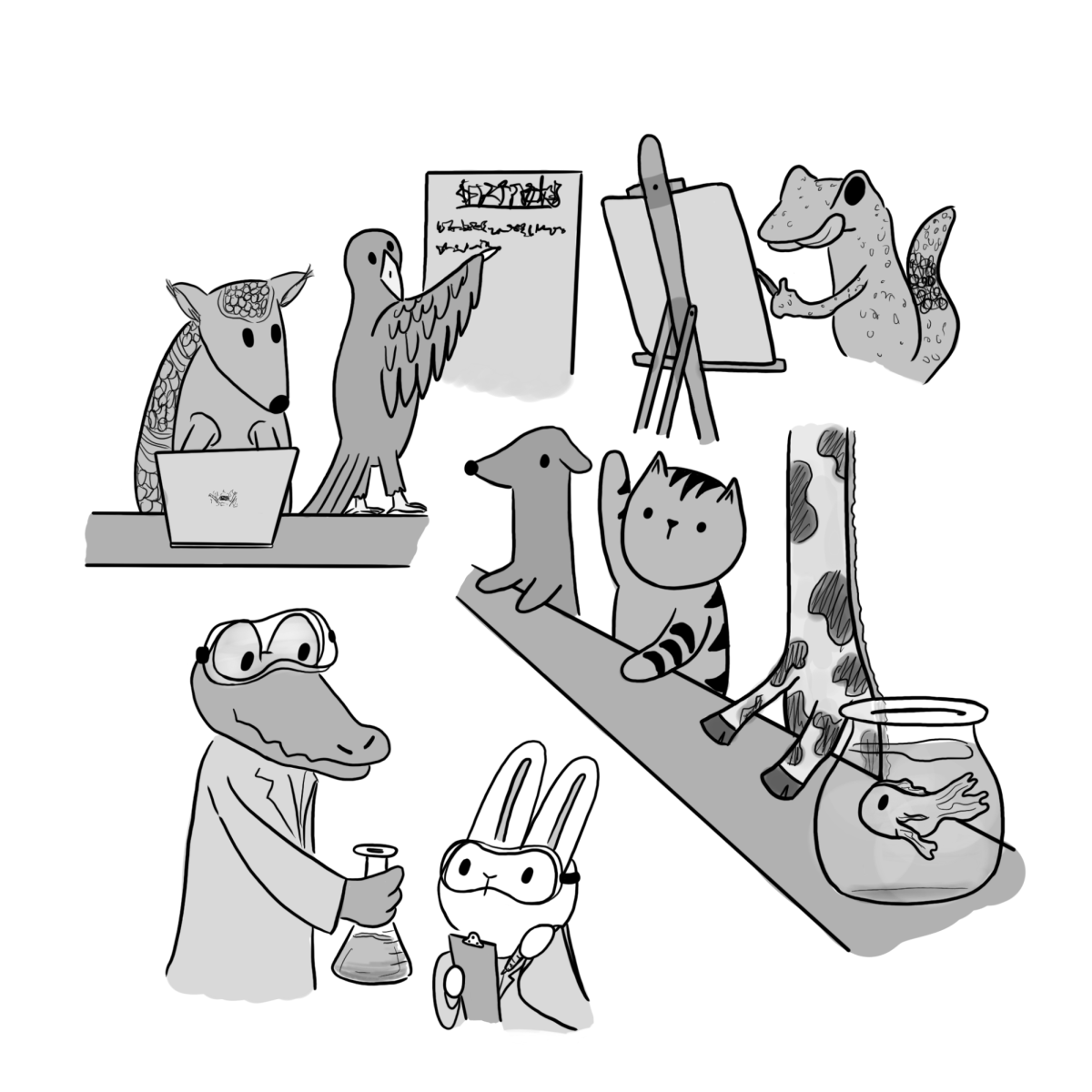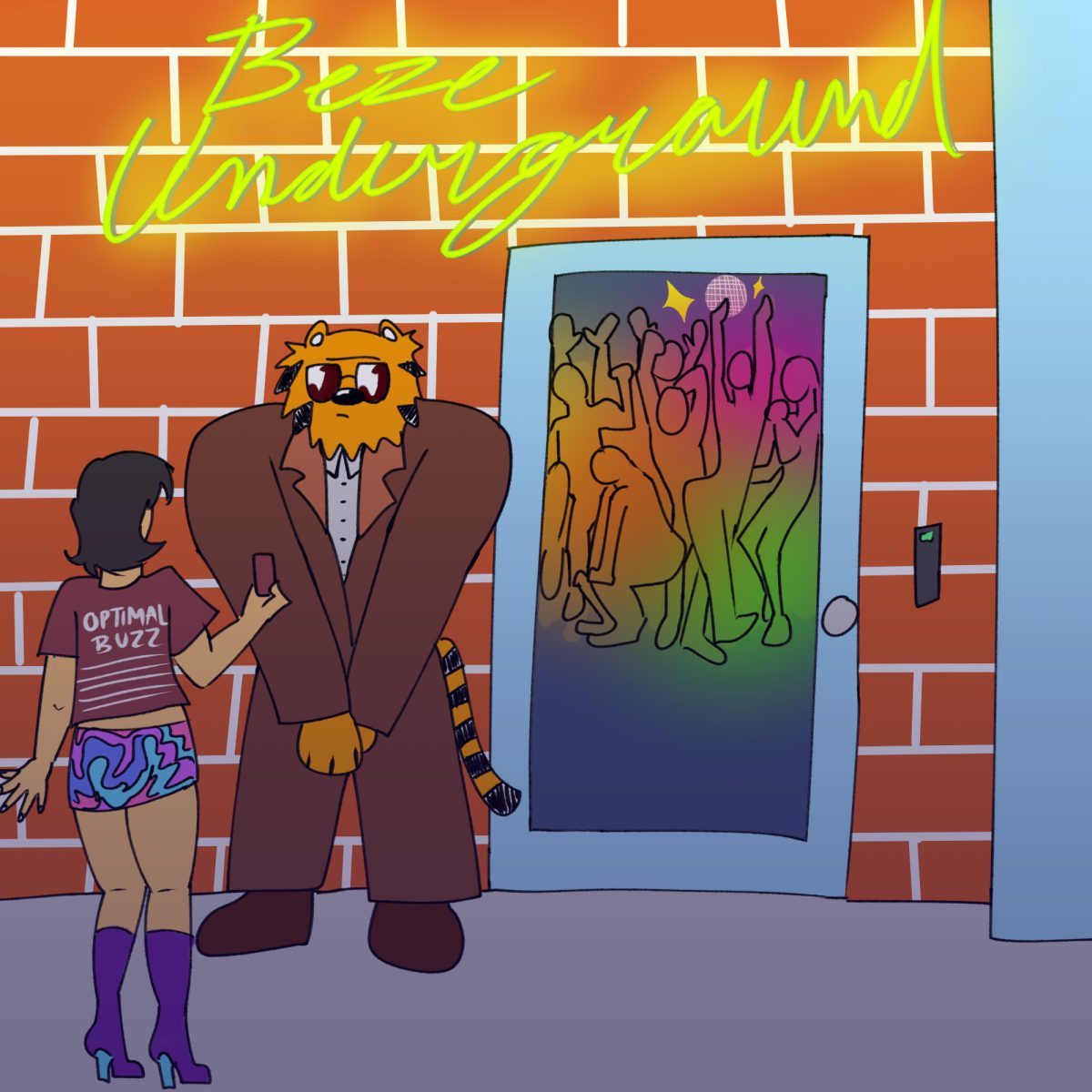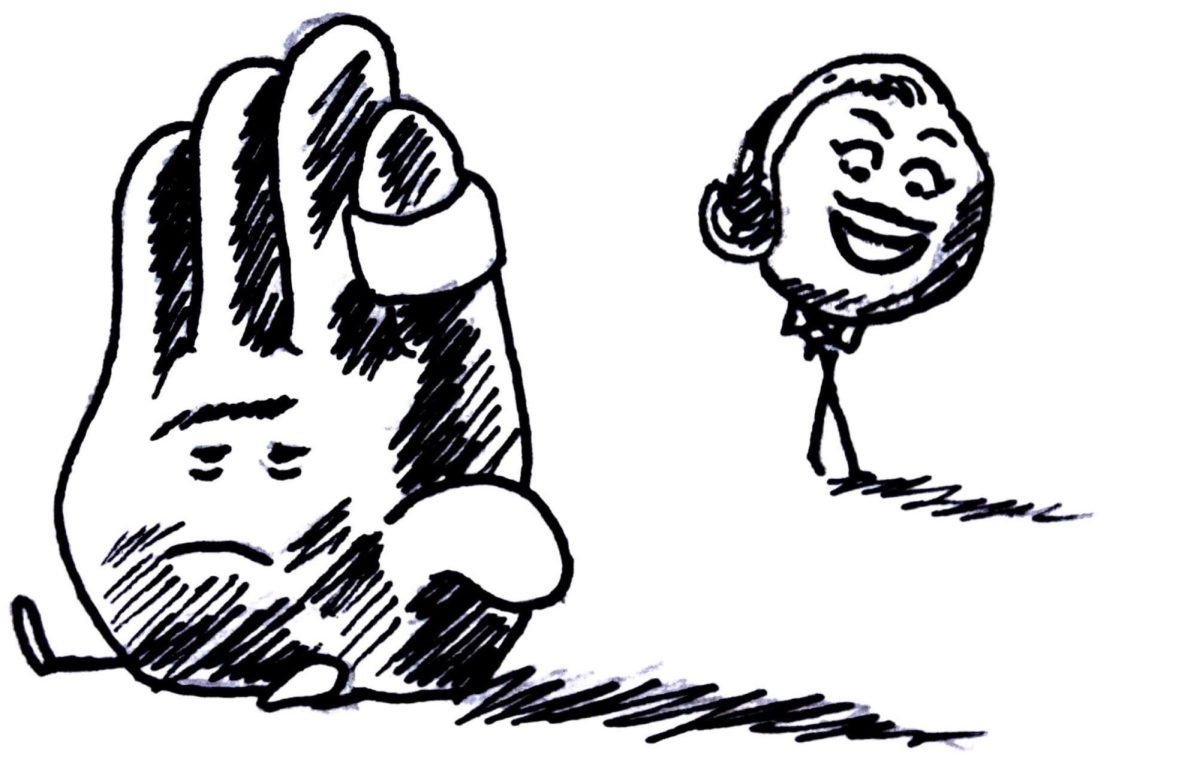For a thirty-minute comedy focusing on a group of twenty-something females living in modern-day New York City, HBO’s “Girls” garnered an unprecedented amount of controversy. After its debut last April, the show influenced media columnists across the country and bloggers across the Internet to post articles discussing the show and topics ranging from racism and feminism to youth entitlement and even the indecent nature of television. Although these topics were incredibly interesting and thought-provoking, a major problem prevented me from engaging in the collective conversation.
I hadn’t seen the show and couldn’t seem to find any way to convince myself to watch a show called “Girls” that had been dubbed the “modern Sex in the City.” Not to say I have never enjoyed an occasional “Castle” episode, hate-watched a “Bachelor Pad” finale or watched several seasons of “Buffy,” but for the most part, my viewing habits fall fairly in line with stereotypical male, 18-35 habits. Somehow a show entitled “Girls” did not sound like something that I was going to enjoy. Twelve episodes later, I am not only hooked but want to make the argument that you should be too.
I must admit that I only watched the pilot to have an excuse to talk to a specific member of the opposite gender, but if you are a college-aged male reading this column, you should give the show a chance regardless. After I watched the first few episodes, in spite of a few specific scenes that upheld some of the worst stereotypes a show called “Girls” could have (the second episode has a lengthy scene in which four girls discuss their “cycles” in an abortion clinic), the show quickly became one of my favorite new shows.
Although Lena Dunham, the show’s head writer and lead actress, is obviously best known for her female characters, the show quickly starts to feature almost as many well-written guys. Even though many might find it hard to relate to the New York lifestyle the characters are living, it is impossible not to relate to Dunham’s characters or see parallels between them and members of your own life. From the serial one night stand who finds true love despite everything they’ve ever said or done and the best friends who fight so much they find it impossible to live together anymore (but still stay friends) to the roommate who can never pay rent on time but you would never chastise for it, it may be impossible to be a millennial and not relate to at least a handful of characters featured in the show.
In general, Dunham’s show may have been heralded as “The Sex and the City” for a younger generation and is named to imply an exclusively female audience, I feel both monikers are to the show’s detriment and are an unfortunate turn-off (as it was originally for me) to a college-aged male viewership that can find just as much to relate to as their female friends and colleagues.


